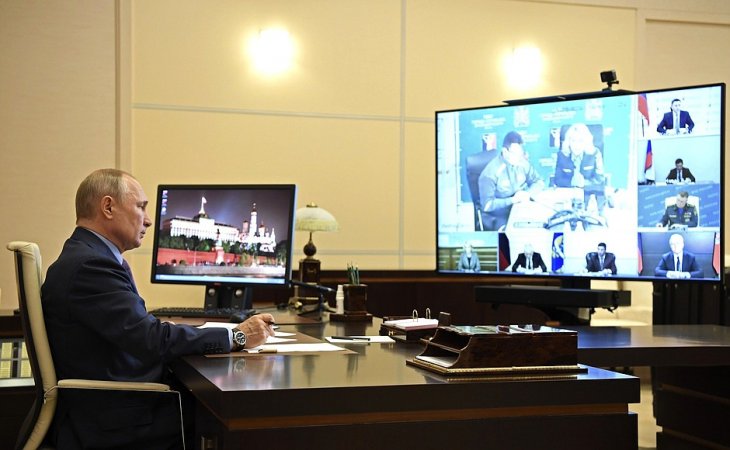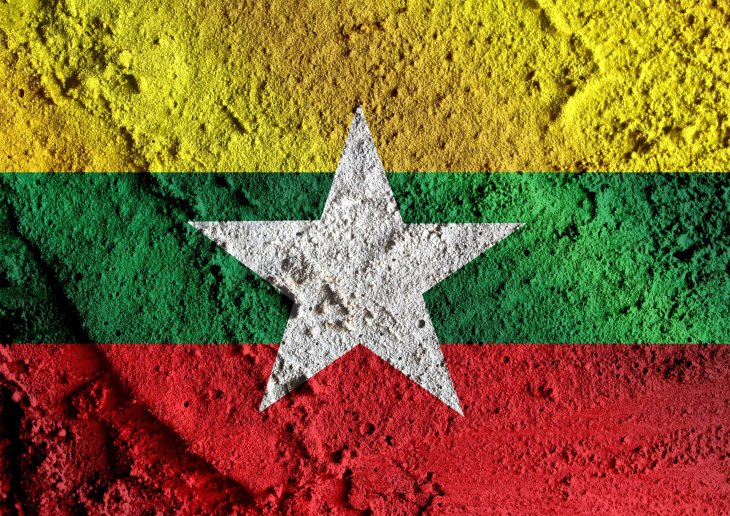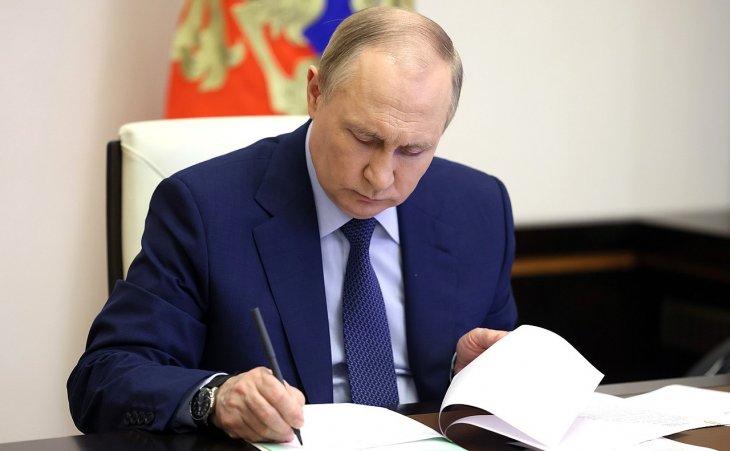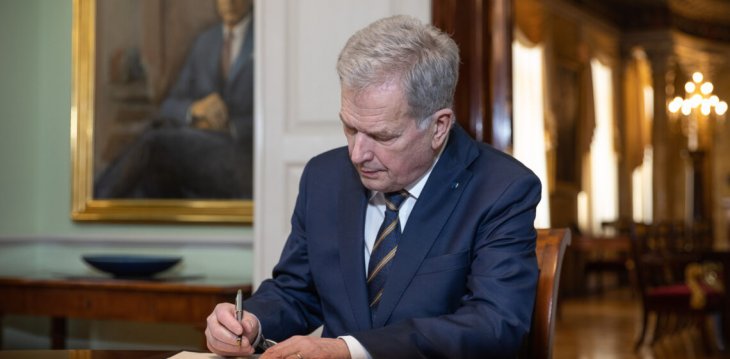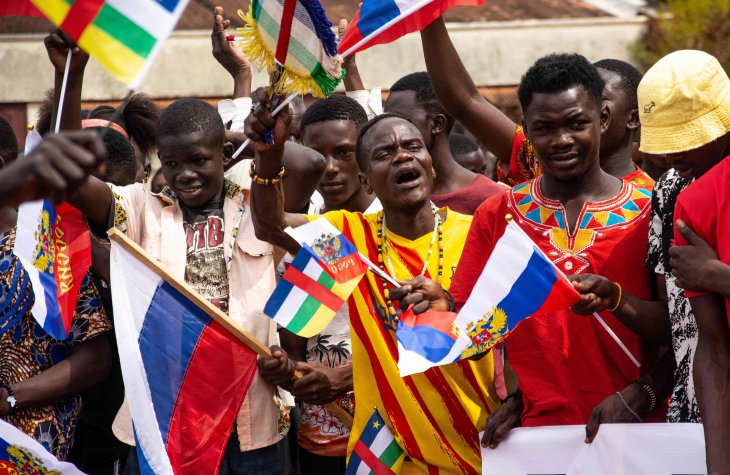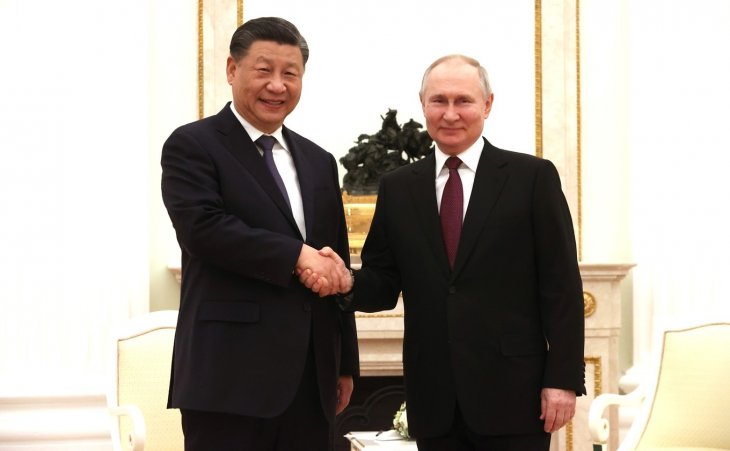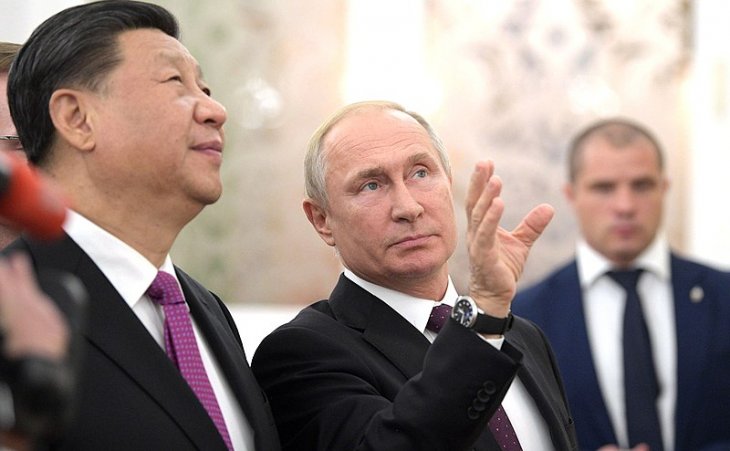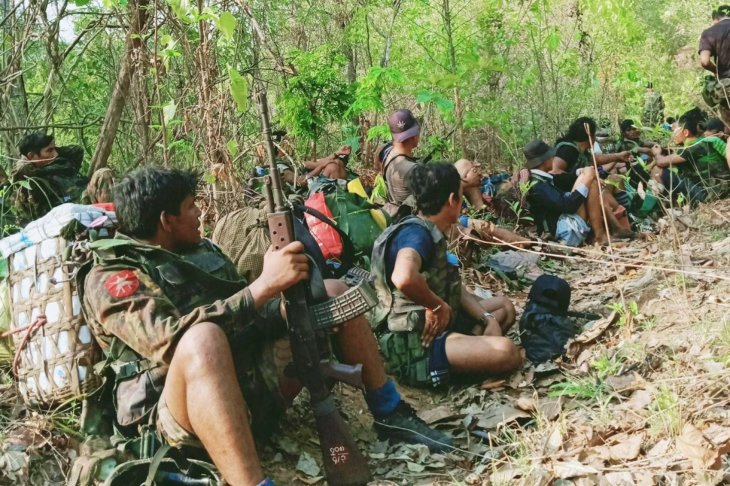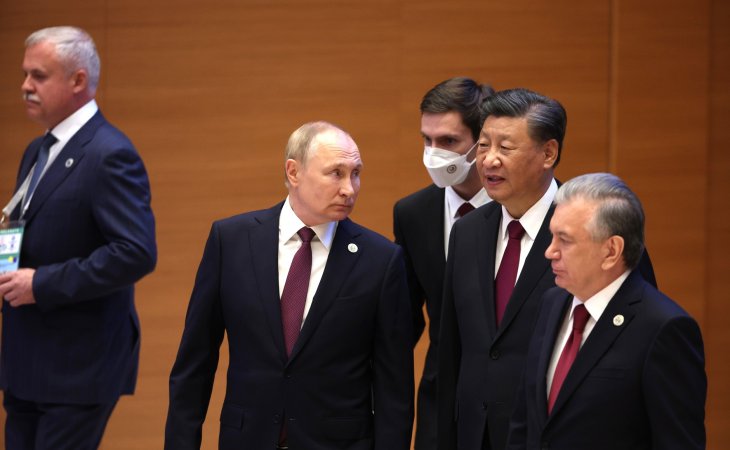Combat operations in the Donbas trenches remain deadlocked, but their diminishing intensity does not signify an impasse in the course of the Russo-Ukrainian war, which continues to evolve on the ground.
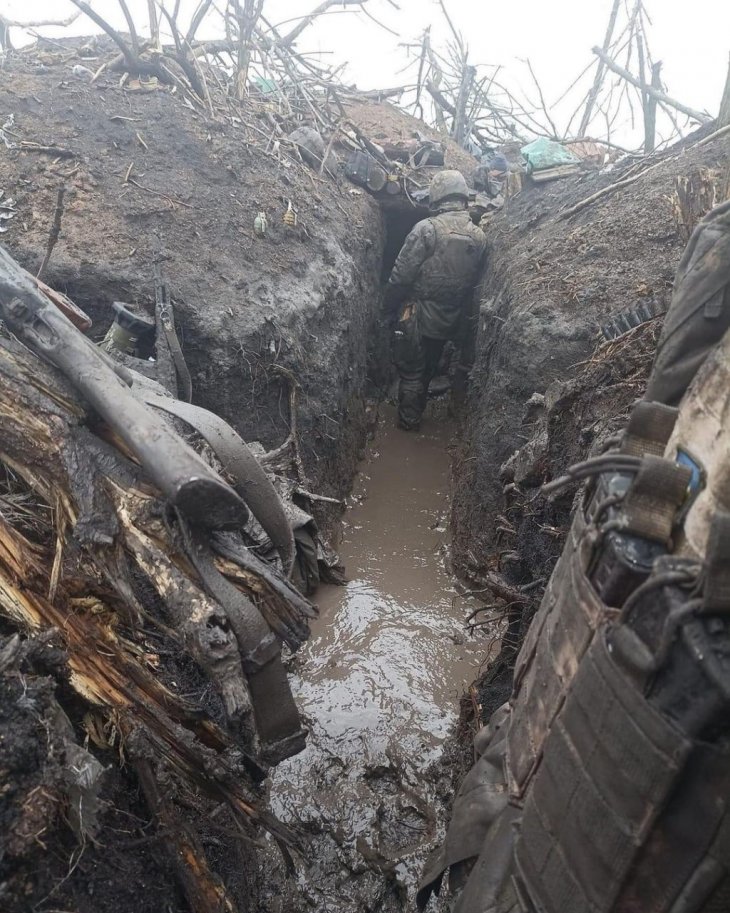
Trenchline in Bakhmut, Eastern Ukraine. Photo: Viktor Borinets / Wikimedia Commons
One notable change has been the cessation of Russian long-distance missile and drone strikes on Ukrainian energy infrastructure and other civilian targets since the attack by 17 Iranian-made drones (of which 14 were intercepted) on Odesa on April 3 (EurAsia Daily, April 4).Read More
